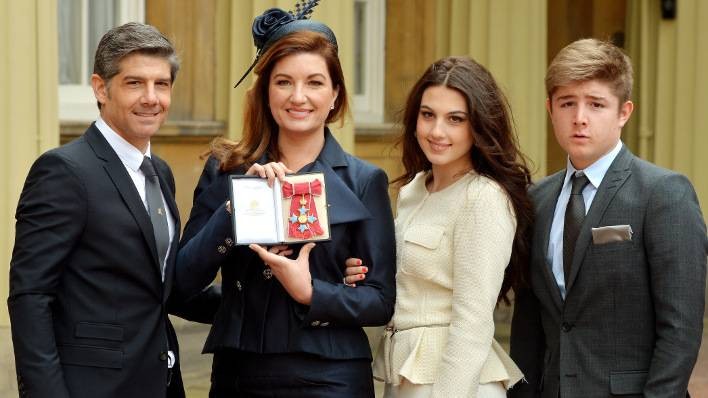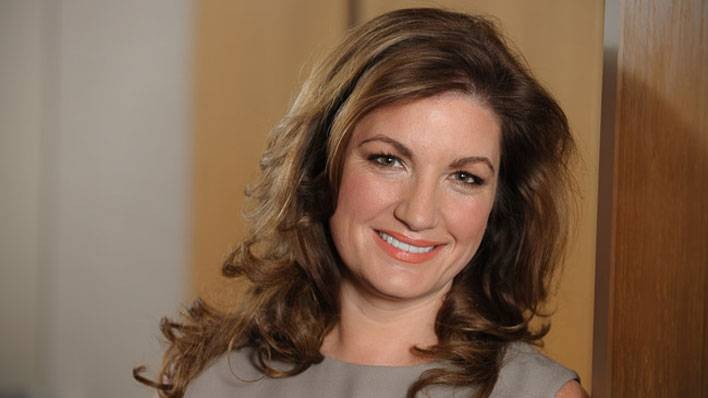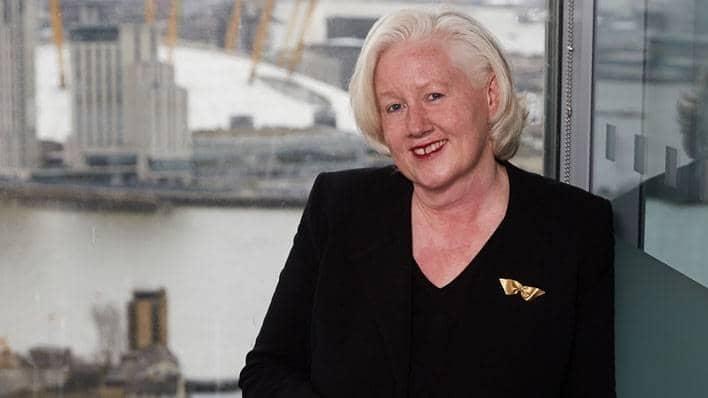What is the difference between an entrepreneur and a leader?
“An entrepreneur is someone who is starting a new business and a leader is someone who has influence and vision, so I think the two are separate. A successful entrepreneur doesn’t necessarily have to be a good leader, as long as they know how to go about setting up the business they want to set up. But a good leader must be entrepreneurial. You have to be open to new ways of doing things and new approaches. People with the ability to influence become much better entrepreneurs.”
So you can be a successful entrepreneur who’s not a natural leader as long as you know the leadership skills you’re looking for in other people?
“Exactly.”
What makes a good leader?
“Probably the most important thing is the ability to communicate. Leadership is about having a vision that very often only you can see. You need to have the ability to communicate that vision to those around you.
“The other attributes are: having commitment to do the best possible job all of the time; having a positive attitude; having intuition; being able to inspire people.”
Can you learn those things?
“Yes. For some people, they come more naturally than others, but I think they stem from being passionate and being able to realise that passion. There’s that saying that “nothing’s work unless you’d rather be doing something else” and I think that’s true. It’s not work if you love what you do. If you love what you do, it makes it feel far more important to you.”
You have written that women should “share our coping strategies”. Have you encountered any tough or hostile environments and how have you managed them?
“Not for a long time because I’ve been in business for 30 years. But yes, as a young woman working in a male environment it could be very difficult. I’d go to premiership football meetings and there’d be 91 men - and me. Handling that isn’t always easy but the way you handle yourself is to take yourself seriously and be able to speak up for yourself and make sure your voice is heard.”
After boarding school in Ware, you attended sixth form at a boys’ school in Elstree, Hertfordshire. Do you think that experience helped you later on in business?
“It probably helped when I went on to work in an all male environment. It helped me understand the dynamics.”
You have talked about “self esteem being a cure for fear”. Why is it that women so often doubt themselves and trade in self-deprecation?
“Well, I’m not a philosopher! But I do think women tend to doubt themselves more than men. I think it’s because we want to do a good job and we worry about whether we can do the job as opposed to doing the job and seeing how it goes. Young women now are far more confident than we ever were. Confidence comes from accepting that you can do a job and knowing your worth and not being afraid of going out and getting your worth.”
So why are younger women more confident?
“Well, women under 40 are earning more than men. There are more women at university. There are so many more role models for women. When my mum was leaving school there were two choices: become a housewife or work at Woolworths. If you wanted to be a scientist or an astronaut or a doctor you would have been laughed at. Now there are so many women telling the next generation: ‘Do what you want, realise your worth’.
“Also, maternity leave has changed. The way people communicate now with email and online has made the workplace far more flexible in terms of how and where people work. Employers are beginning to realise that if they want the best talent they are going to have to be more flexible in their approach to getting and keeping that talent.”
You took a summer job in a hairdressing salon at the age of 16 and completely reorganised the place. How did you have the confidence to do that?
“I’ve always had an inner confidence. I knew jobs that needed doing and have never been afraid of getting on and doing them.”






